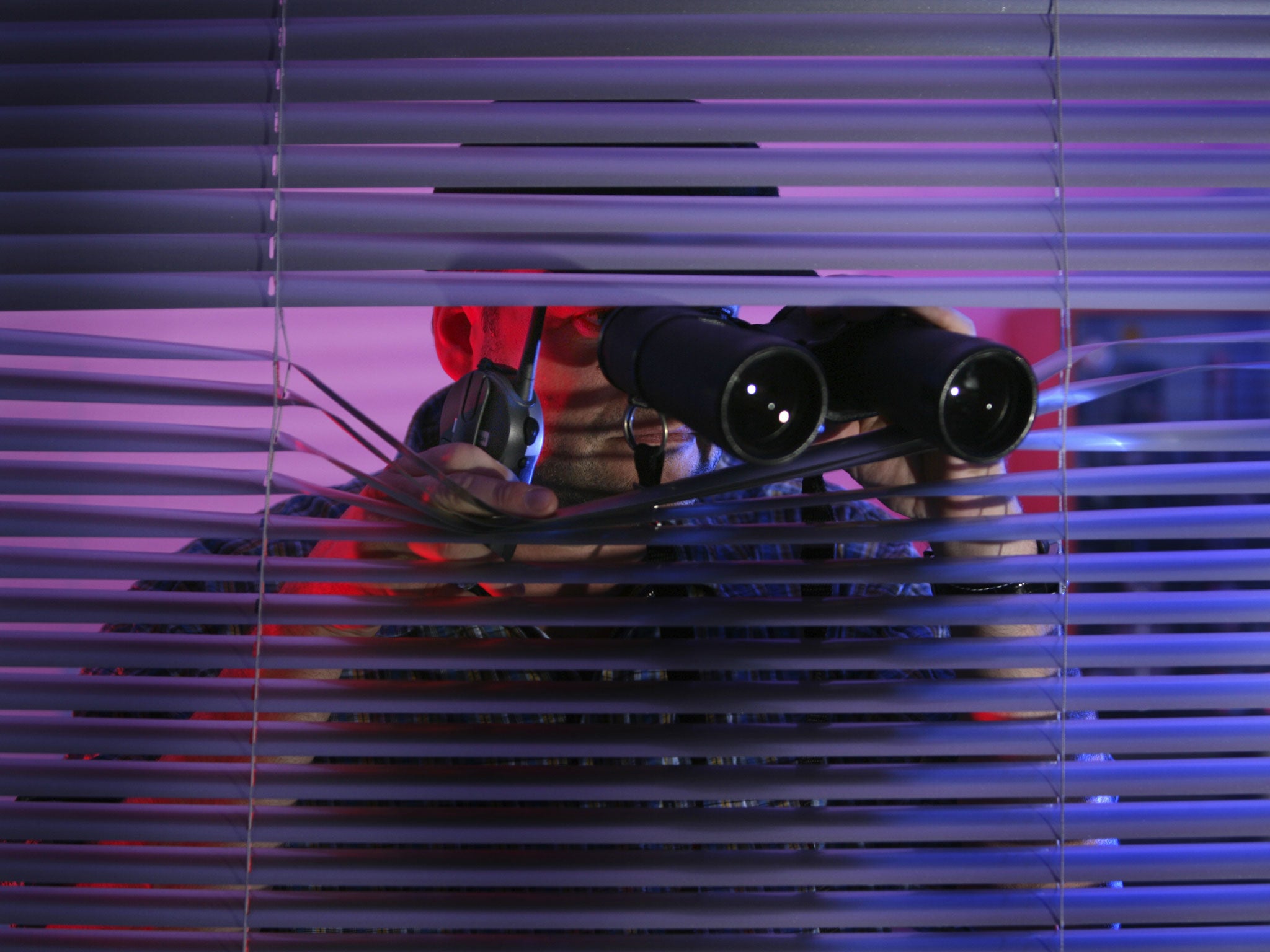Undercover policing: 'You can never relax. Never let down your guard'
A former officer who infiltrated an 'inner core of football hooligans' tells Sarah Morrison why the Met Police needs to change tack

Police officers who slept with political campaigners and fathered children with those they were sent to spy on acted in a manner that was "wholly unacceptable" and "unnecessary", according to another of Scotland Yard's former undercover cops.
James Bannon, one of Britain's few former undercover officers to reveal his identity, told The Independent on Sunday he has been shocked by the revelations and believes such operations should now be used only to monitor "terrorist activity and major drug cartels".
His comments come as speculation about the Met's use of covert officers is at an all-time high. It is more than two years since it was revealed that one former PC, Mark Kennedy, spied on environmental protesters and had at least one sexual relationship with an activist. A number of other women and one man are now suing the police over alleged intimate relationships with undercover officers. At least two policemen are alleged to have fathered children with those they were spying on.
Britain's largest police force has also faced criticism for using the identities of dead children to establish fake names for officers working incognito and over revelations that a former undercover officer infiltrated the Stephen Lawrence campaign two decades ago.
Mr Bannon, 48, was sent to spy on some of this country's "inner core of football hooligans" or "top boys" and gather evidence on them in the Eighties – the same time that at least one of the officers now facing court action was operating.
He is believed to have been one of the youngest members of the now disbanded top-secret Special Demonstration Squad (SDS). He started infiltrating Millwall Football Club supporters when he was just 21 years old and worked under cover for two years. He is also the subject of the 1995 film ID.
While Mr Bannon describes kissing and falling in love with the sister of one of his "targets" in his new book, Running with the Firm, he told The IoS that he would never have let his undercover "flirtation" progress to a sexual relationship.
"It has to be an absolute last resort and I think it's really rare that you need to use that if you know what you're doing as a tool to gain acceptance," he said. "To have officers work in an undercover environment who have numerous relationships with numerous partners and father children is, without exception, wholly unacceptable and unnecessary."
He said that the revelations had undermined the reputation of the SDS, which he said is now "affectionately dubbed the Special Dating Service". He added that in relation to the upcoming court case mounted by environmental campaigners, moral and legal questions had to be asked of whoever sanctioned the operations.
"I would question whether they needed undercover cops deployed in that area, period," he added. As for the allegations that undercover officers gathered intelligence to "smear" the family of the murdered teenager Stephen Lawrence, Mr Bannon said they "beggared belief as to who thought that was a good idea".
He added: "We're talking about a family who just had their son brutally murdered. And we all know why they did it. They were trying to discredit [them] because they made such a mess with the initial investigation. This is the world of undercover policing. Sadly, when it goes wrong, it does go very wrong."
Despite his criticisms, Mr Bannon insists there is a "genuine need" for undercover policing. He is in favour of a public inquiry into past incidents, but added that covert surveillance should continue "sparingly" and "with people who know what they are doing".
He described his own undercover experience running up and down the country with football hooligans as "all-consuming". "It's not like you can take your head off when you start and pick another one up when you do covert work," he said. "You can never relax; you can never let your guard down; you never know when you're going to bump into somebody. It can't become anything other than your life."
In Running with the Firm he is critical of the lack of support his bosses gave him and his colleagues. He said he was sent out at the start of the operation with only "Mickey Mouse" business cards to back up his made-up identity as Jim, a painter and decorator from Wandsworth.
Despite his operation being shut down after two years, without any direct arrests, he said there is only one moment that he regrets. He got involved in a fight at a football match between Millwall and Middlesbrough, after being pelted with rocks. "At the end, we were led out, police went away, and 120 Middlesbrough fans walked towards us. I didn't get badly assaulted, but I was hit and I hit people back. I could justify that by saying I was there with "targets", and lie. But it was purely me at that point. I'd had enough."
As for the fear of being unmasked, he said he was "absolutely terrified" when his new-found "friends" accused him of being a cop. He persuaded them otherwise, but said the worst three words an undercover officer can hear are "You're Old Bill."
Since leaving undercover policing, Mr Bannon has tried his hand at acting, business, aviation and comedy. He is currently performing an adaptation of Running with the Firm at the Edinburgh Festival.
Bookmark popover
Removed from bookmarks